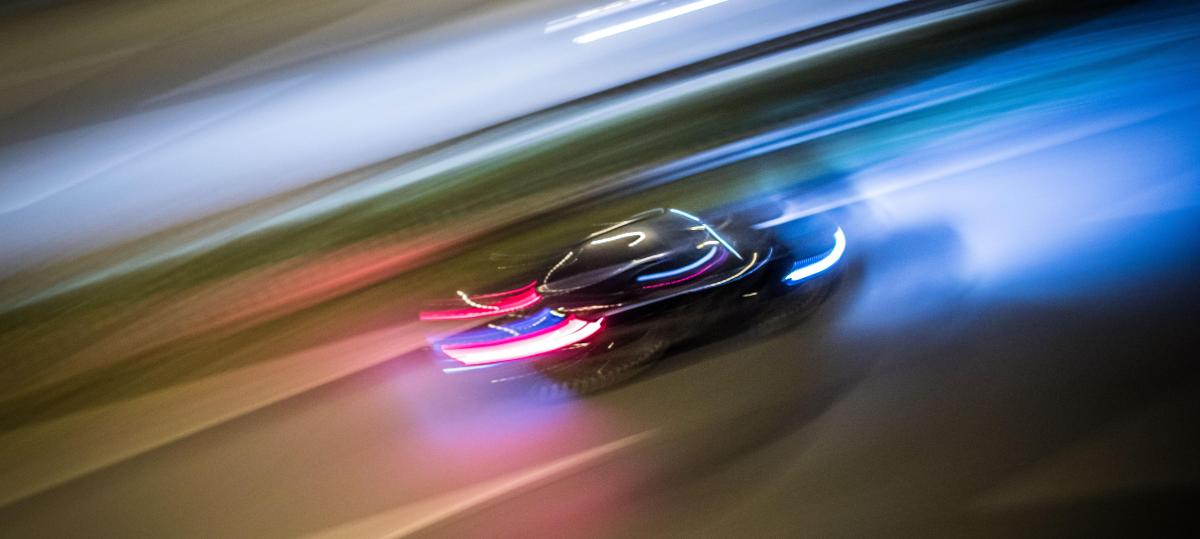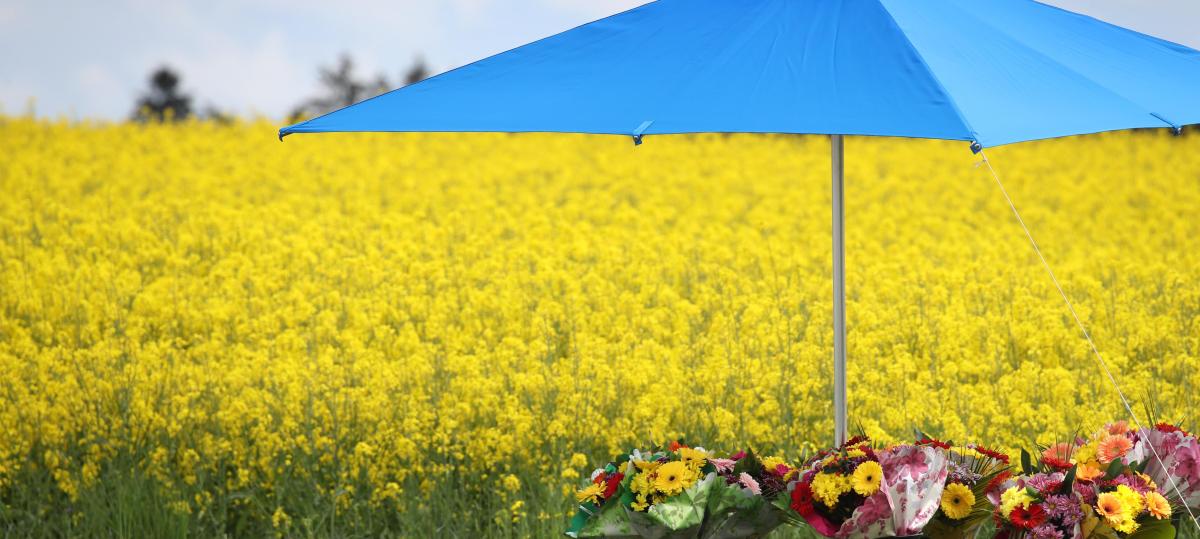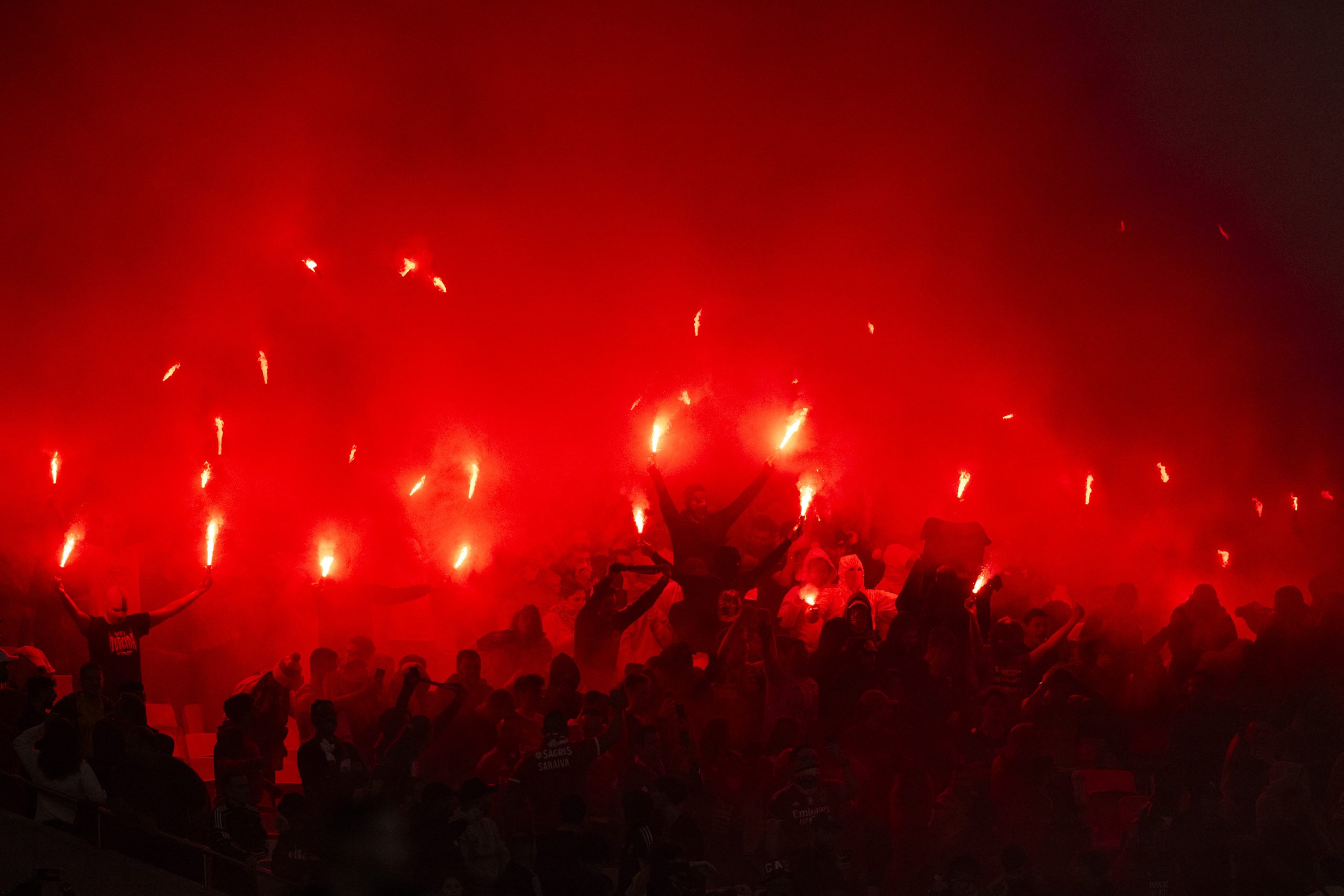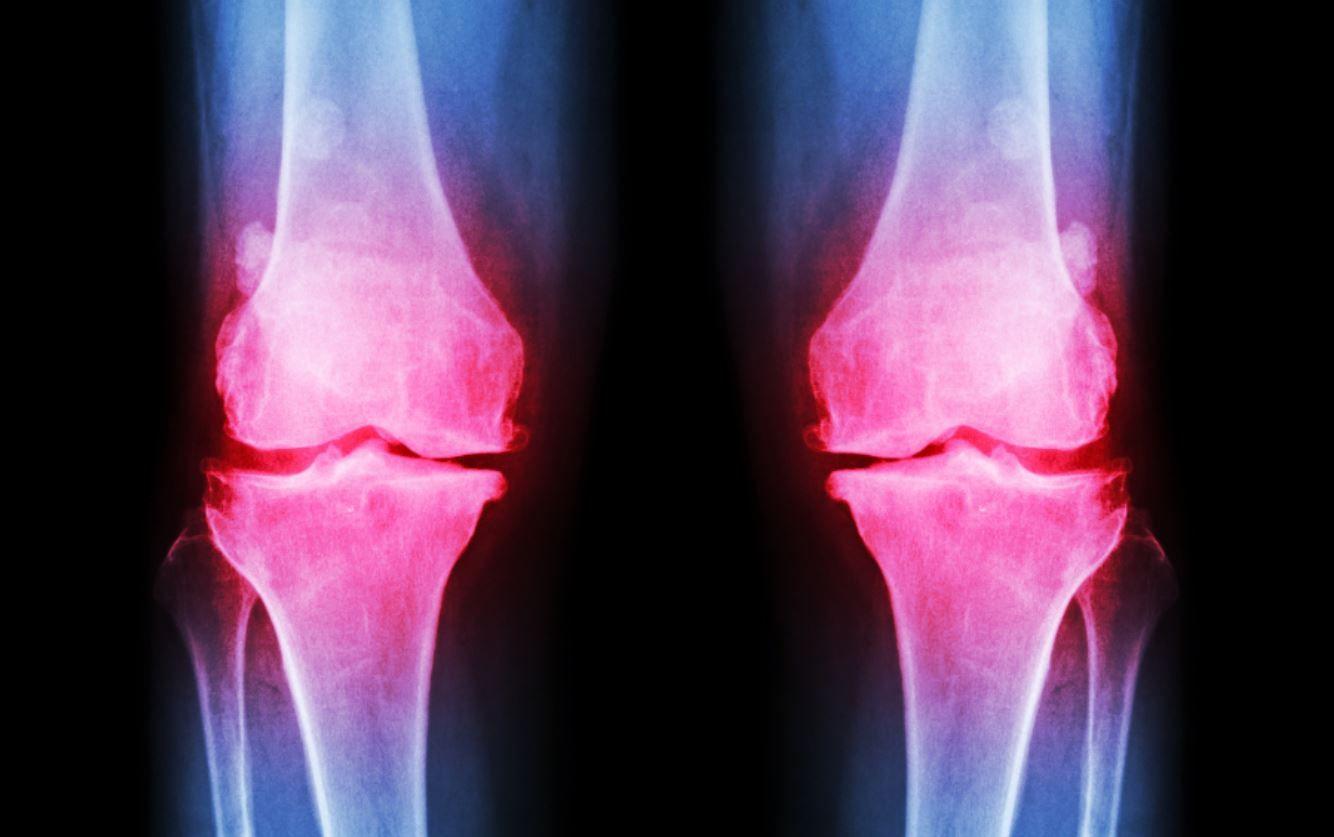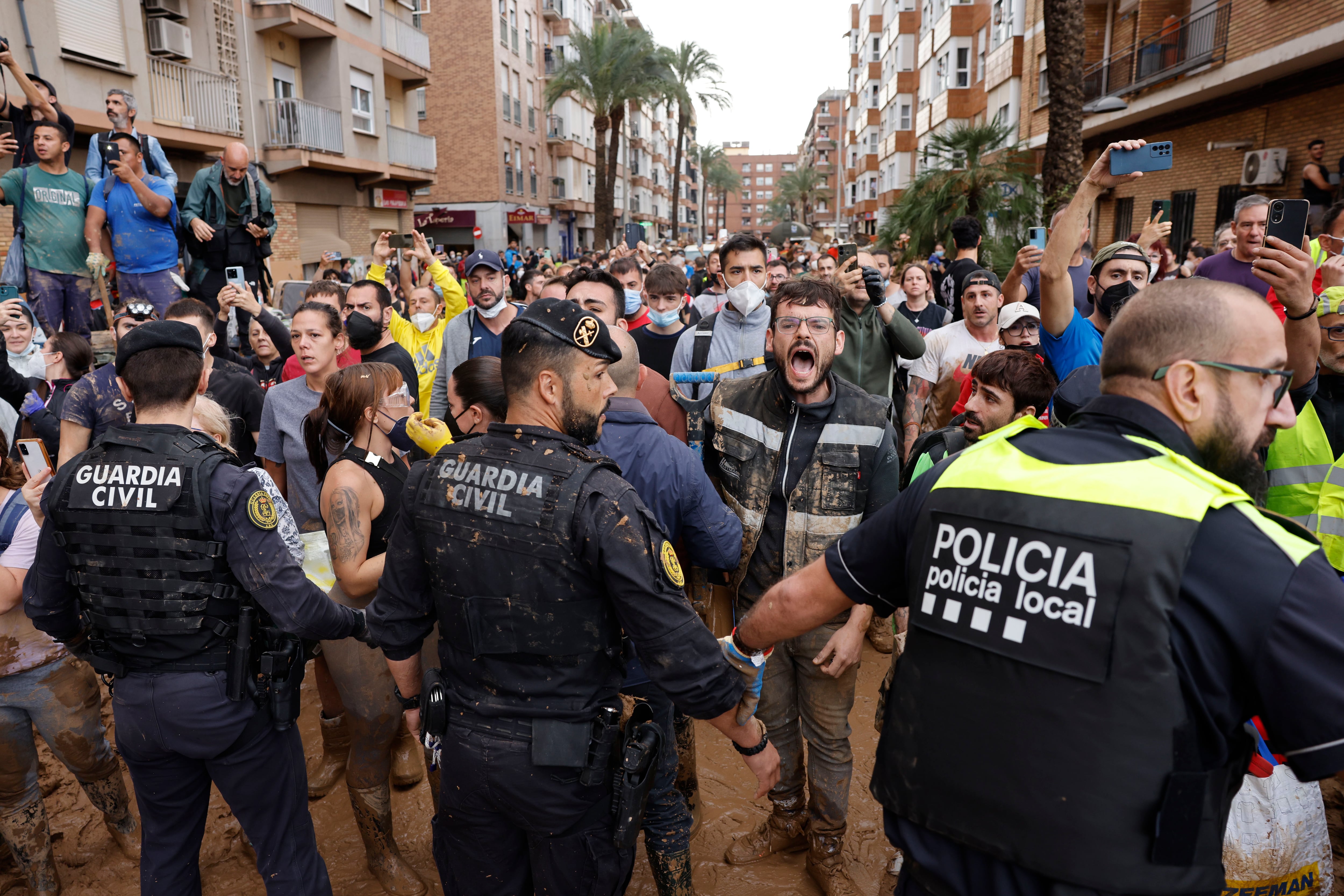« We don’t keep it through for months »

What are the consequences of tightening border controls? Do drivers in southern Germany have to adjust to longer traffic jams?
Andreas Rosskopf: Yes. Drivers have to expect more traffic jams. The top premise is that as a federal police, we, as a federal police, affect commuting and goods traffic as little as possible. But it is also clear that the increased and intensified border controls that are now being raised affect traffic more than before. We will check more border points and also smaller transitions that have not yet been permanently occupied. Despite all the sensitivity to rush hour traffic and border commuters, there will be delays.
How do your colleagues do? One often has the impression that all cars are waved through.
Rosskopf: The colleagues on site are very experienced. Border controls are a core task of the federal police, also a focus in training. The traffic is deliberately slowed down in front of the border so that we can make a visual inspection. The emergency services pay attention to license plates and other abnormalities when slowly passing through. The large mass will continue to be allowed to continue unhindered – it is mostly commuters, holidaymakers or people who drive across the border for errands.
It seems different with long -distance buses like Flixbus. Travelers report long waiting times.
Rosskopf: Long -distance buses such as the Flixbus are often used by humans through their affordable prices and the regular trips who want to come to Germany unauthorized. That is why they are a special focus for the border police. These buses are stopped, colleagues get in and check every passenger. This naturally takes and leads to delays.
What about truck? Are violations more often found?
Rosskopf: Our experience shows that truck companies and drivers are very hard -working not to have no undetected people on the loading area. Because there are high penalties and also consequences for the drivers. Especially in regular freight transport between well -known companies, almost no major slips are found. The load trains are passed separately and you look: Is it a well -known freight forwarder? Are sealed trailers in order? In the event of suspicion, it is checked – but overall the problem has decreased sharply there.
In contrast, small vans seem to be in sight ….
Rosskopf: Exactly. All vehicles that transport several people can and can not easily look into them are interesting for us. This includes vans without a window or with darkened discs. We need to know whether there are people who want to enter Germany unauthorized.
How does the new instruction of the Interior Minister already affect the service?
Rosskopf: Since Wednesday we have been increasing forces to the border area – especially from the Federal Rotherhood police, which is intended for such locations. Several hundred colleagues are on arrival. The local departments change their plans, some of them to twelve-hour services. Mobile control units were also instructed to find out at the border positions. The staff is gradually increased in order to permanently occupy small border crossings and significantly increase the veil search.
Photo: GdP
How do you rate the new line as a trade unionist?
Rosskopf: As a police union, we welcome measures to help control migration and reduce unauthorized migration. But: The burden that is now to the federal police is enormous. Our question is how long these high personnel services are possible. We can hold out the increased controls in this form for a few weeks, maybe a few months. The overtime, which now occurs, cannot go into infinity. The riot police and the mobile units in particular already have an overtime mountain. This becomes critical if you can no longer reduce it to the necessary level. So far, we have been creating the expansion of border controls without any noteworthy neglect of other areas because you can fall back on the Federal Ratural Police. But that is only possible for a certain amount of time without overloading these forces. If you have to use others, there are deficits, for example at train stations or airports.
What do you demand from the new federal government?
Rosskopf: Germany finally needs a modern, flexible border police that is technically up to date. We urgently need more technical means that the Bavarian border police already already has. The Federal Police need high-speed technology, mobile control points with modern license plate recording, devices for tracking down people in vehicles from outside and a high-tech monitoring of green borders. This could relieve the personnel deployment enormously. The federal police have tried such technology since 2018 and found it good, but it was not purchased. Large, roughly rough routes can be monitored excellently. European countries from the Netherlands to Romania are far ahead of Germany.
Are the questions of the legal situation to reject those seeking protection sufficiently clarified?
Rosskopf: There has been a clear legal requirement since Wednesday: Asylum and protection seekers can also be rejected, except that they are obviously sick, pregnant or travel with young children. The exciting question will be whether our neighboring countries take back people or refuse to take back. So far we had very good experiences and clear agreements in the context of European law. Now we are starting to act under national law. It remains to be seen whether the new government’s agreements are sufficient so that the federal police can continue to carry out their work without any problems. But it is clear: In the intensity that it has started, our forces cannot last for months at the borders. The federal government must finally invest massively in technical equipment.
To person Andreas Roßkopf is the federal chairman of the federal police area of the police union, GdP.


